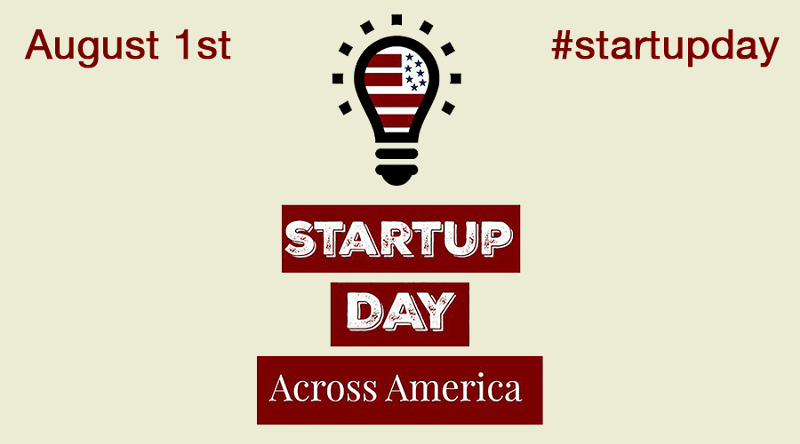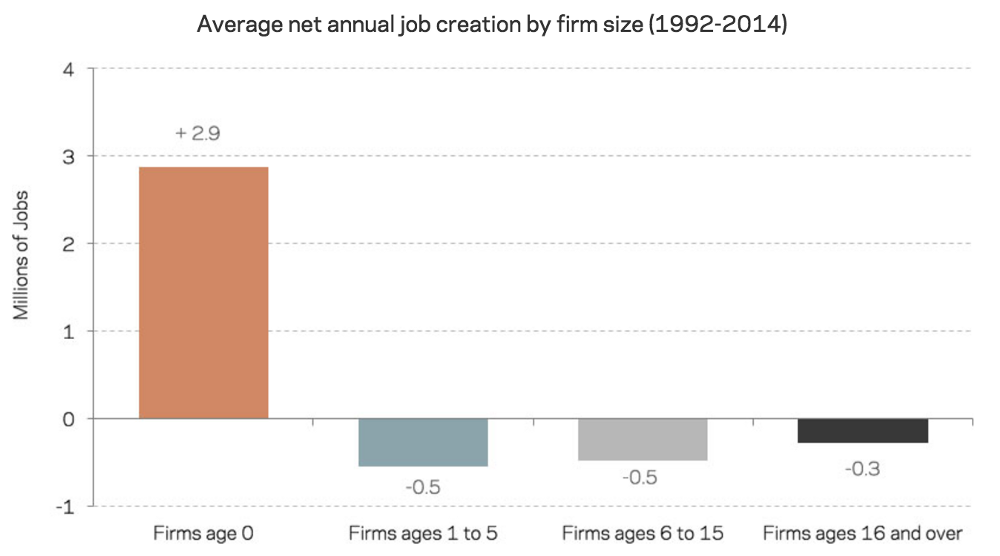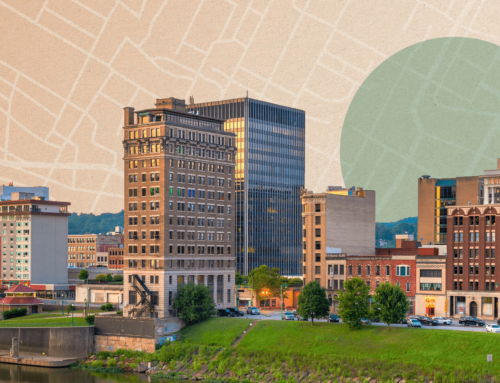
Since our founding, America has been continuously reshaped by entrepreneurs working to advance their ideas into realities. These innovators gave us the lightbulb, the ability to travel through air and space, and the personal computer to name a few. Our shared history of entrepreneurship has, in many ways, defined our country and the American Dream.
Today, Members of Congress are celebrating the fifth annual Startup Day Across America by reaching out to the small business owners, accelerators, entrepreneurs and incubators in their communities. This year’s bipartisan effort is led by Representatives Jared Polis (CO-2), Darrell Issa (CA-49), Blake Farenthold (TX-27) and Seth Moulton (MA-6), and Senators Gary Peters (MI), Steve Daines (MT), Mark Warner (VA) and Tim Scott (SC).
Startup Day provides entrepreneurs with the opportunity to talk directly with their representatives about their unique challenges and triumphs. It also affords those representatives the chance to meet the business leaders who are forging the future of their districts’ economies. Last year, more than 75 Members of Congress participated in Startup Day.
We celebrate Startup Day because entrepreneurs are the vital architects of the U.S. economy. They commercialize the new technologies and pioneer the new business models that keep us productive and growing. They are responsible for nearly all of the net new job creation in a given year. They challenge incumbent companies and keep markets competitive, ensuring that the economy grows in an inclusive manner. And they increase the dynamism of local labor markets.

While the United States continues to be the global leader in entrepreneurship, there has been a steep and unprecedented decline in new business formation since the 1970s. In fact, more than 60 percent of metro areas saw more companies fold than start in 2014 — five years into the recovery from the Great Recession.
Equally startling, new firm creation has become increasingly concentrated in only a handful of places. From 2010 to 2014, just five metro areas accounted for half of the increase in firms nationally.
This trend towards concentration has contributed to an overall decline in economic dynamism — the rate and direction of change in an economy — since the 1990s. No state has been insulated from declining rates of new business formation, labor market turnover and geographic mobility of the workforce. EIG’s Index of State Dynamism tracks these indicators and finds that even the most dynamic states today would have looked like laggards in the 1990s.
Uneven access to capital may explain some of these trends. Access to capital is essential for new businesses to grow and scale. However in the wake of the Great Recession, small business lending has fallen by a quarter and one in four community banks have disappeared. The venture capital industry funnels 78 percent of funding to just three states: California, Massachusetts, and New York. Angel capital is only a bit more distributed, but startups outside the major hubs still struggle to to attract investment. For example, Ian Hathaway’s research at the Brookings Institution found that almost two-thirds of accelerator-funded deals went to the Bay Area, Boston, and New York City. For startups to thrive outside these hubs, they must be able to find investment closer to home.
That’s why EIG is working with policymakers on both sides of the aisle to ensure that more investment finds its way to all 50 states through the Investing in Opportunity Act (IIOA). IIOA would create an innovative framework for nudging idle capital off the sidelines to fund a new generation of entrepreneurs and enterprise in economically distressed areas of the country. Broadening access to opportunity for all Americans requires expanding the map of entrepreneurship. Place matters, and unless we can find ways to stimulate new businesses and industries to take root in a broader mix of American communities, we risk leaving huge portions of the country behind.
Startup Day Across America is a chance to celebrate that the U.S. home to the world’s best and brightest minds. It is also an opportunity to find new ways to support these innovators by ensuring they can build the next great company right in their backyard. Together, we can make sure that more American communities are outfitted with the essential ingredients of a robust startup ecosystem in order to generate economic opportunity and prosperity for decades to come.




